Exact Answer: At Least One Week
Cystitis falls under the category of UTIs, which in medical terms stands for urinary tract infection. It is an infection known for affecting the parts of an individual’s urinary tract. When the infection is observed on the lower urinary tract, it is called Bladder infection or cystitis. In contrast, if the infection affects the upper urinary tract of a person, then it is referred to as a kidney infection or pyelonephritis.
This infection is most commonly caused by a bacteria named Escherichia coli, but some other bacteria and fungi can also cause cystitis. Cystitis is also caused due to sexual intercourse, but they do not fall under sexually transmitted diseases.
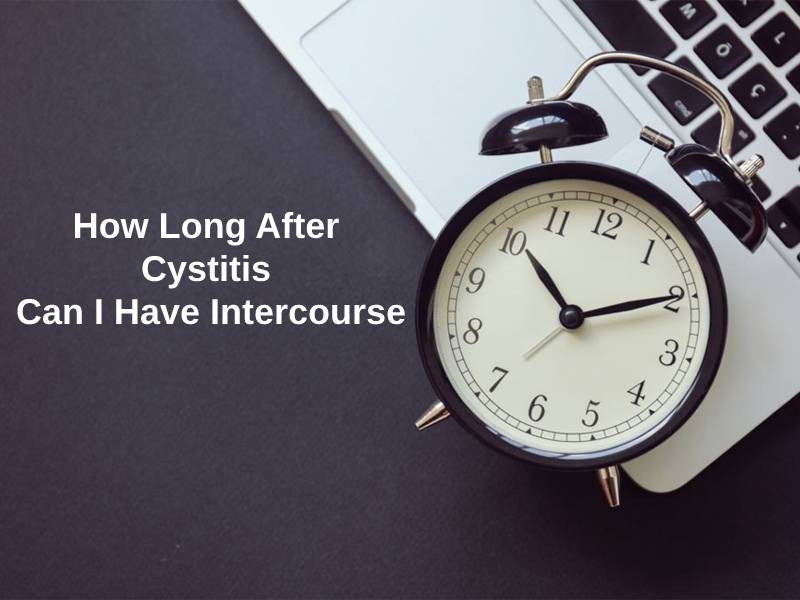
How Long After Cystitis Can I Have Intercourse?
Various symptoms can lead to cystitis in an individual. Symptoms such as pain with urination, feeling the need for urination despite an empty bladder, frequent urination can cause mild symptoms. In case of severe symptoms, flank pain, fever, and all the mild symptoms are observed in the patient. Sometimes, blood might also be excreted along with urine. However, such cases are rare. In old-age individuals and small children, the symptoms can be non-specific and vague. Hence it is hard to identify whether they are suffering from mild symptoms of Cystitis or serious ones.
The earliest description of this infection date back to as long as 1550 BC in various sections of Egyptian society. The Egyptians described the infection as sending heat from the bladder because of more frequent urination in an infected person. Effective treatment of the infection began in the 1930s with the development and availability of various antibiotics. To prevent the infection in those days, people used to take natural herbs, and bloodletting was also widely practiced, in which a certain amount of blood was withdrawn from the patient’s body.

| Symptoms Of Cystitis | Time After Cystitis To Have Intercourse |
| Mild Symptoms | One week |
| Severe Symptoms | Two weeks |
The symptoms of cystitis go away with time. In case of mild symptoms, the healing time is around two weeks, and the person can have intercourse post one week. Severe symptoms are much worse and take about a month to heal completely. In such cases, the patient must wait for two weeks before having intercourse.
Why Does It Take That Long After Cystitis To Have Intercourse?
Several activities increase the risk of having cystitis. Symptoms of cystitis are more commonly observed in women than men; the scientific reason behind this is that the urethra is shorter and is also very close to the anus. Women indulging in sexual activities more and with different men are more prone to catch cystitis. Women having sexual intercourse with older men also suffer more from cystitis because the bacteria are present in the urine of older men. Usage of condoms while having sex reduces the risk of contracting urinary tract infections like cystitis.
It takes that long after cystitis to have intercourse because the infection is excruciating, and it might be harmful to have sex in such conditions. Also, if a person infected with cystitis has intercourse with someone, then there are possibilities that their partner may also get infected. Therefore, medical experts suggest waiting for the infection to heal and then indulge in sexual intercourse with the partner.

Contracting cystitis can be prevented by taking proper measures. They are limiting sexual activity with multiple individuals. The patient must also maintain proper hygiene and should take a bath at a regular time. It should be ensured that the undergarments used are cleanly washed as dirty clothes increase the risk of getting infected many folds.
Conclusion
Finally, it can be concluded that cystitis is a type of urinary tract infection, and its symptoms can be mild or severe and can have an ill impact on the patient’s body. Bacteria and fungi cause the infection. Various symptoms can lead to the infection. The infection was first identified by the Egyptians a long time ago.
On average, an individual cannot have sex for at least a week after recovering from cystitis. The body needs some time to heal, and sexual intercourse can prove harmful. Repeated sexual activity and unhygienic behavior might result in a person getting infected with cystitis. It is imperative to visit a doctor in case of any medical emergency.



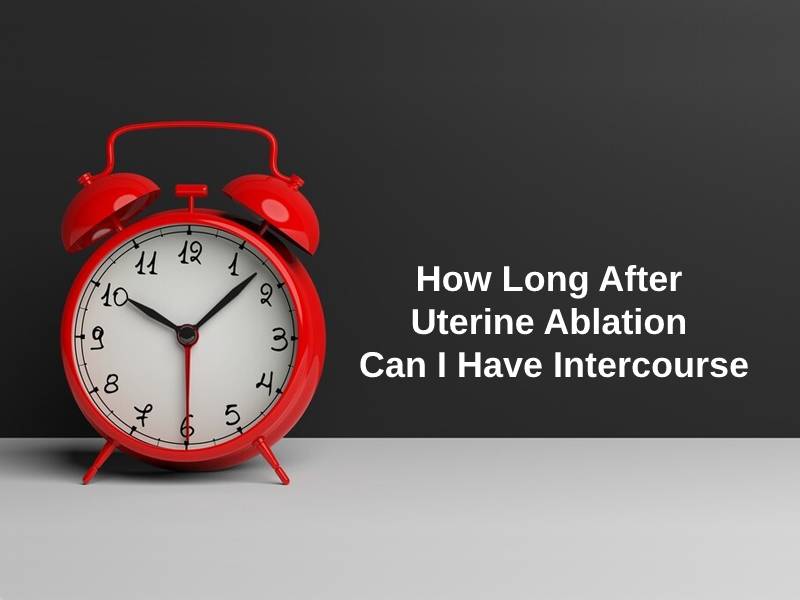










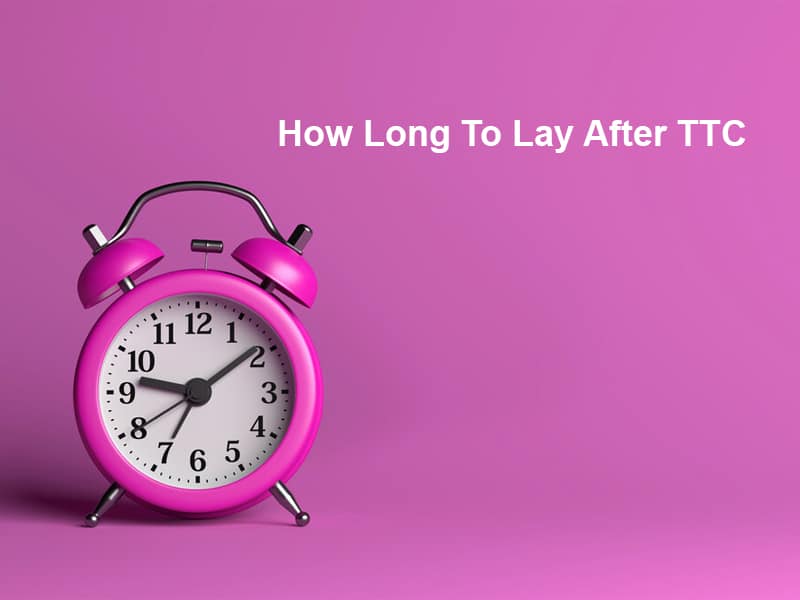

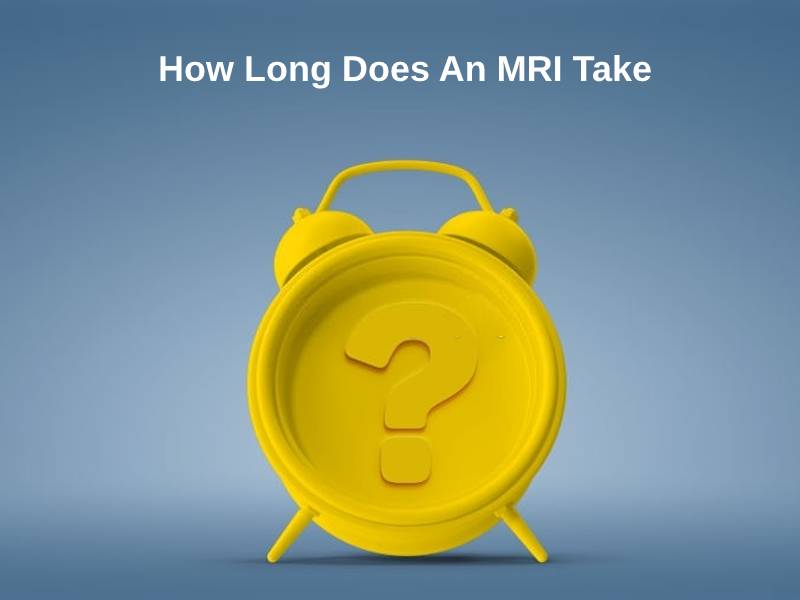




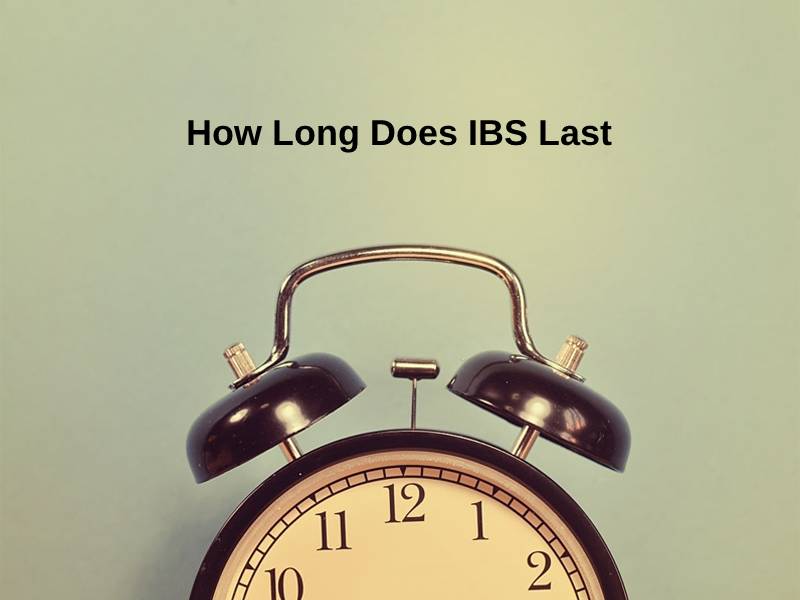




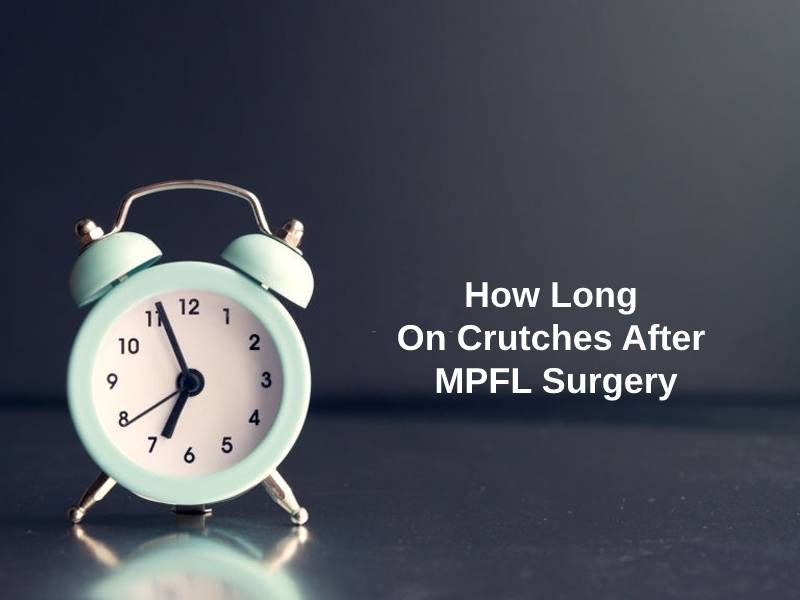
It seems like the best way to deal with cystitis is to avoid getting it in the first place. Nobody wants to contract this kind of infection.
The historical background on cystitis is interesting. It sounds like cystitis is best avoided!
It’s good to know that antibiotic treatments are available for cystitis.
I’m glad to learn more about cystitis, its symptoms, and its treatment. I appreciate the detailed information. Very informative.
Cystitis sounds awful. It’s interesting to learn that antibiotics were not available for treatment until the 1930s.
Yes, it’s surprising how many common infections were deadly before antibiotics were available. We’re lucky to have them now.
Cystitis sounds painful and frustrating. I had no idea that it was such a widespread problem.
Cystitis sounds painful and unpleasant. Old remedies sound very questionable. Thank goodness for modern medicine!
It’s interesting to learn about the history, but it’s a relief that we have antibiotics now.
Yes, it’s crazy to think about some of the medical practices from the past!
This post is very helpful in understanding cystitis and how to proceed when dealing with it. I’m glad I came across this information.
Yes, it’s important to spread awareness about these kinds of health issues.
Cystitis can be a serious problem. It’s best to take the necessary precautions to avoid it.
Yes, it’s always better to prevent these types of infections.
Thank you for sharing this critical information about cystitis. It’s important to visit the doctor for the proper medical treatment.